Interview with Technology Crime Novelist Jason Kays
+cover.jpg) Jason Kays grew up in a small logging town ninety miles northwest of Seattle, Washington. His parents and many in his immediate family -- aunts, uncles and a younger sister -- were school teachers, so there was always an emphasis placed on education as a lifelong continuing process. He enjoyed English Lit and creative writing courses during his high school and college years, majoring in English with a pre-law option as an undergraduate. He was offered a fellowship to work on his doctorate in English Lit, but had already accepted a seat in law school.
Jason Kays grew up in a small logging town ninety miles northwest of Seattle, Washington. His parents and many in his immediate family -- aunts, uncles and a younger sister -- were school teachers, so there was always an emphasis placed on education as a lifelong continuing process. He enjoyed English Lit and creative writing courses during his high school and college years, majoring in English with a pre-law option as an undergraduate. He was offered a fellowship to work on his doctorate in English Lit, but had already accepted a seat in law school.Following a judicial clerkship that involved a good deal of research and writing, he practiced appellate work for a year. This work was very taxing, as it involved representation of inmates in maximum security prisons. It led to his introduction to the Copycat Killer in the infamous Hillside Strangler trial, Veronica Compton. Compton's case garnered national press. Notoriety from this work and his growing local reputation attracted the attention of a nationally known Rock and Roll promoter. Since Kays has always been more of a frustrated jazz artist than lawyer, he jumped at the opportunity to collaborate with the impresario during the peak of Grunge music's popularity. Nirvana, Pearl Jam, Sound Garden and Alice in Chains are all Seattle area groups.
It was during his seven years as an entertainment attorney that a series of dramatic and colorful events and people inspired various storylines. Insight into the inner, often mob-connected, workings of the entertainment industry intrigued the young attorney. Exposure to that world necessarily entails exposure to the flesh and drug peddlers. Representatives from both camps were at saturation levels. The cocktail of youth, celebrity, sex, drugs and money resulted in excesses of epic proportion. Great fodder for fiction.
Much of this Kays will never be able to write about, due to attorney-client privilege and a general sense of self-preservation. A good deal of what transpired is fair game for fiction. It was the latter that provided the inspiration for his latest book, Virtual Vice.
Welcome to The Writer's Life, Jason. Can you tell us a little bit about yourself and how long you’ve been writing?
I'm an intellectual property attorney. I work in the Information Technology sector, primarily with software developers, performing trademark and copyright review and related transactional matters. Essentially, the objective is to protect the original work product of an engineer from theft by a third party. The same body of law protects an author's writing from plagiarism. Prior to that I worked in the field of entertainment law doing IP work, contract review and putting together deals. I have been around computers and technology since my childhood in the 1970's, and have always had a passion for the cutting edge of IT. That enthusiasm is reflected in my writing and will be a focal point in my next book, Mainstream. Regardless of topic or genre, I believe that in order to maintain relevance, it's essential for writers to stay current with social and technology trends. If one doesn't, the exercise becomes one of narcissism and not one of art or utility.
I've been writing creatively since childhood. Attorneys are wordsmiths by trade, so I have been writing professionally in one capacity or another all my adult life.
Can you please tell us about your book and why you wrote it?
In short, the book follows the rise and demise of a sociopath, Scott White, who transitions from the organized crime of the Cali Cartel to the organized crime of Wall Street. He begins his professional life as one of the largest cocaine distributors on the West Coast. When the DEA closes in, White evades apprehension and launders the drug money by founding an Information Technology startup, Metropoleis III Multimedia. Certain organized crime contingents remain silent partners in his new business. MIII is a Seattle based broadband content provider, streaming audio and video from live rock concerts to subscribers over the Internet. Although business is thriving, its CEO soon falls back to old habits, structuring MIII as a Ponzi scheme and embezzling from investors. When White is found out, he flees Washington for Arizona and mounts a similar scam. As external scrutiny, and civil and criminal suits mount, CEO White begins to come unhinged, as do his progressively more crazed and bizarre business ventures. Targeting the Sedona market, he attempts to tap into the New Age zeitgeist. After several false starts, he uses his broadband media delivery system to back an equally opportunistic religious huckster in peddling a New Age theology to the masses via the Internet. The cybervangelists garner the attention of a global press for all the wrong reasons. The klieg lights quickly put White's silent partners ill-at-ease and all hell breaks loose.
The book is creative non-fiction and 85% factual. It was inspired by my representation as a lawyer of a most unpleasant client during an eighteen month period. That period was followed by five years of intermittent pro bono work with various law enforcement agencies to hold him accountable to investors he had defrauded. This effort, while saving would-be investors millions in losses, did not stop him from running his Ponzi schemes. He continues to this day, active in the Huntington Beach, California, area, having partnered with a real estate developer. Ironically, they are currently planning deployment of a New Age church in Hawaii.
What were some of the biggest challenges you faced writing it?
The distillation of an intertwined sequence of life events that culminated in a civil trial was tough to translate to fiction while maintaining continuity and focus. The book deals with facets of both the entertainment and IT industries, a Ponzi scheme and a protagonist defined by a complex sociopathology. Breaking real life events and players down to basic elements, then highlighting the defining attributes of each was the goal. In most instances, I believe I succeeded. It took several edits to get there.
Do you have a press kit and what do you include in it? Does this press kit appear online and, if so, can you provide a link to where we can see it?
Yes, but not in the traditional sense. Concurrent with publication, I had a marketing team prepare 4"x6" note cards, bookmarks and business cards, all incorporating the book's original art. I also had the team craft promotional copy of varying length: one sentence, one paragraph and multi-paragraph synopses. In August I will have this same team issue a press release via a targeted distribution service to dovetail with the virtual book tour currently in progress. A different team of people prepared a fairly sophisticated book trailer that will go live mid-July. The press release and promotional copy can be used in a traditional press kit, but I have found that as marketing and sales models change, so do the elements comprising a press kit. Today there is far less demand for a conventional press kit than, say, ten years ago. I do invite the press to contact me on my website, as well as feature a page devoted to the press and separate page listing upcoming events.
Have you either spoken to groups of people about your book or appeared on radio or TV? What are your upcoming plans for doing so?
I did a ninety-minute May 29th interview for Podioracket.com -- the sister site to Podiobooks that profiles authors with recently released audiobooks. I believe the interview can be found archived on their website. It was an enjoyable interview and has been well received. I have intentionally held off on more radio and television interviews until elevating the book's profile through this book tour and a conventional press release campaign. They will come, though. I think it's important to have built a certain momentum and presence before hitting broader demographics and larger audiences.
Do you have an agent and, if so, would you mind sharing who he/is is? If not, have you ever had an agent or do you even feel it’s necessary to have one?
Interest was expressed by a prominent literary agent in representation, but this was contingent on my making the novel entirely non-fiction, something I was unwilling to do. This made me even more determined to see that the book reached an audience on my terms. To help towards that end, in addition to offering the book on Amazon and through four other e-tailers, I released the work as an audiobook. May 2009 it was the second most popular download on Podiobooks.com, with 8000 downloads in 4 days, and remained on their top ten list for six weeks, so it appears that it's finding that audience.
It's highly unlikely a first time author will land a literary agent. It seldom happens. Having an agent helps, but is not essential. More and more authors are going it their own without an agent and are being met with a good deal of success.
Did you, your agent or publisher prepare a media blitz before the book came out and would you like to tell us about it?
Yes, there was a carefully planned marketing campaign. Some of the key elements were as follows:
Dedicated book website: A website structured around branding your new book is one of the most effective, if not the most effective, marketing techniques available to the author. When a prospective buyer pulls up Amazon's website, with over a million titles available for purchase, what are the odds your title will cross their monitor? You need a conduit to direct the reader to your Amazon product page, and the most effective conduit is a website dedicated to exploration of your book.
Blog: When I began formulating my marketing campaign, my understanding was that blogs were passé and had reached market saturation levels. Both assumptions are true, but, oddly, blogs remain a very effective marketing tool. The blog, like one's website, must be updated regularly in order to attain a high ranking on popular search engines. In my experience, Wordpress, an open source software suite of tools and webhost, offers the most effective platform upon which to reach a large audience. There is a learning curve, but much of it is intuitive if you possess average software fluency.
Podiobooks: Most people, even liberal minded artists, like to be paid for their work product; therefore, it goes against human nature to give away one's prose or verse. Now is the time to set aside that instinct and fully embrace your inner Karl Marx. Podiobooks.com has yielded NYT acclaimed authors with major publishing deals out of complete unknowns.
Video trailer: This is a hot new trend in book marketing and a highly effective one. The video trailer is not unlike the preview for motion pictures seen in theaters. It's a multimedia presentation of the synopsis or theme of your book. Think of it as an elevator pitch directed at a prospective reader.
Do you plan subsequent books?
Yes. A novel focusing on the shifting roles of sexuality and erotica in American culture with the introduction of the Internet. How erotica made the Net commercially viable and drives much of the innovation in ecommerce and technology today. A look at the colorful pioneers in this market sector and how they left irrelevant the Hugh Hefners, Bob Gucciones and Larry Flynts of the world.
Thank you for your interview, Jason. Would you like to tell my readers where they can find you on the web and how everyone can buy your book?
They can purchase the book directly from Amazon or from the book's website: http://www.virtualvice.net. I have additional writings under the musings section of the website and on my blog: http://www.virtualvice.us.
Thank you to the readers for your interest, and to The Writer's Life for being such a tremendous asset to the literary community.



















































































































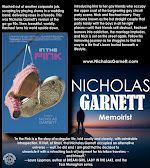


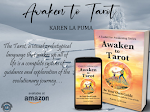
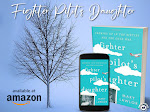

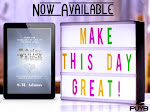


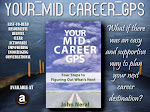
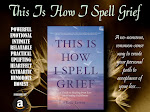
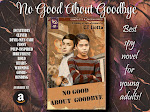


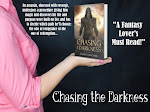
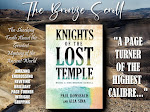



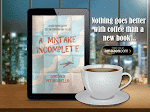

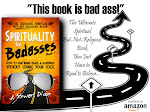

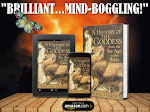


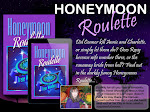
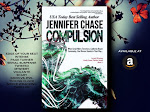
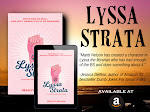
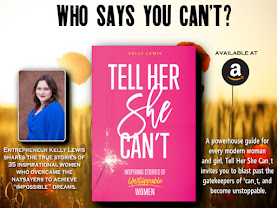











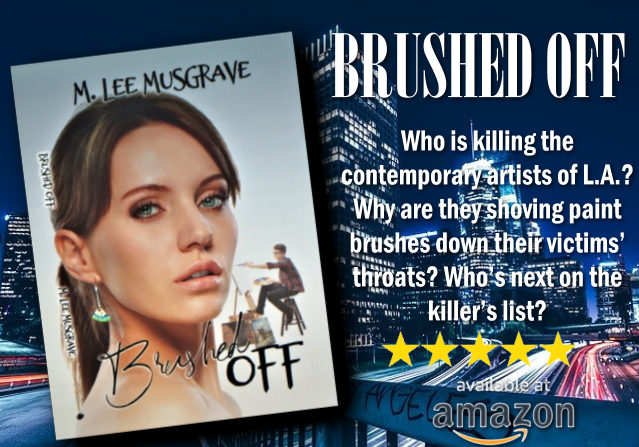



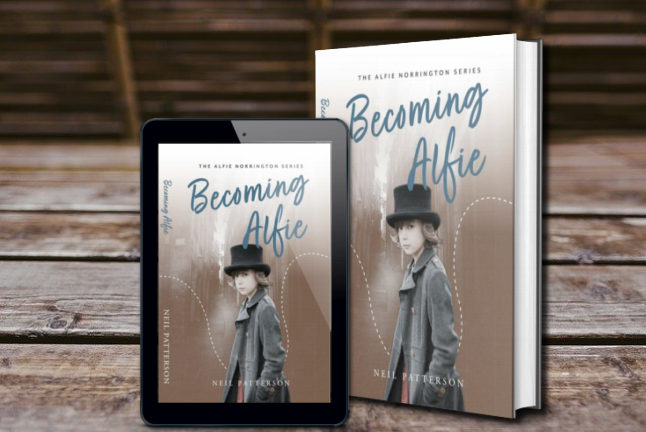
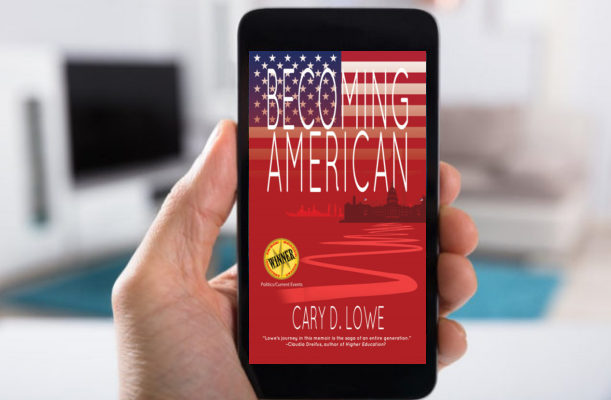

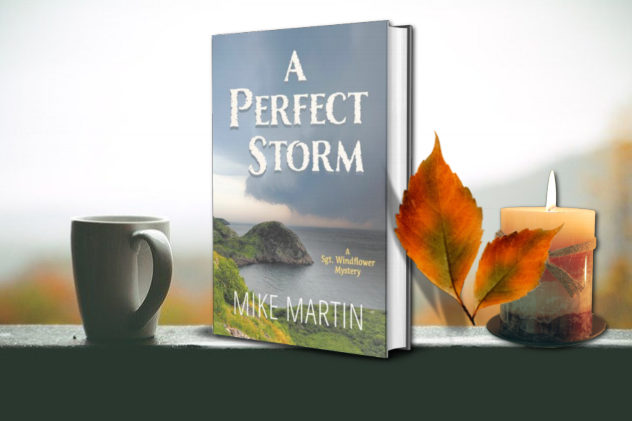
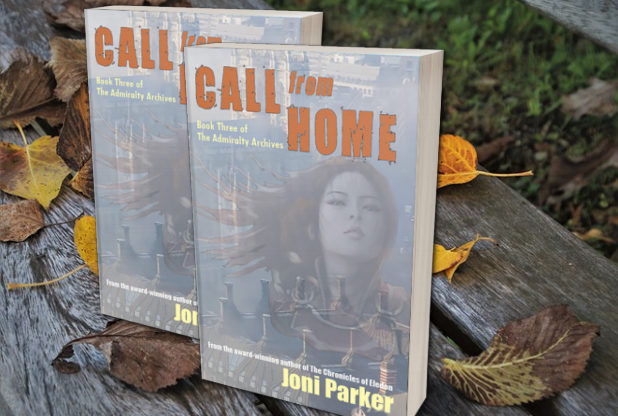
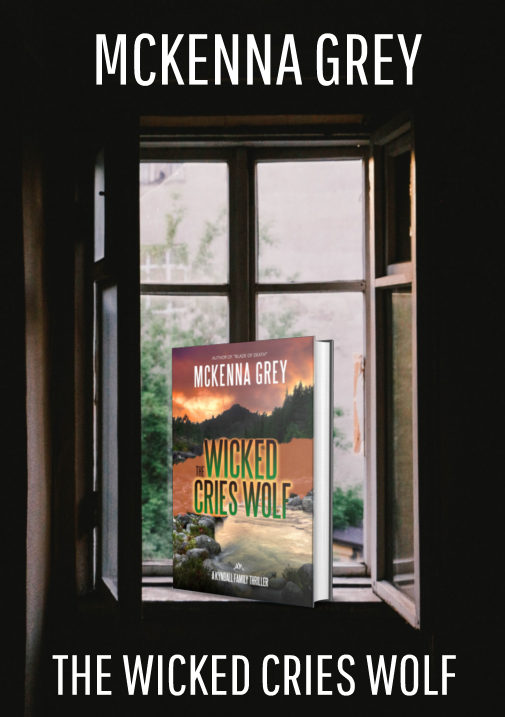


Leave a Comment